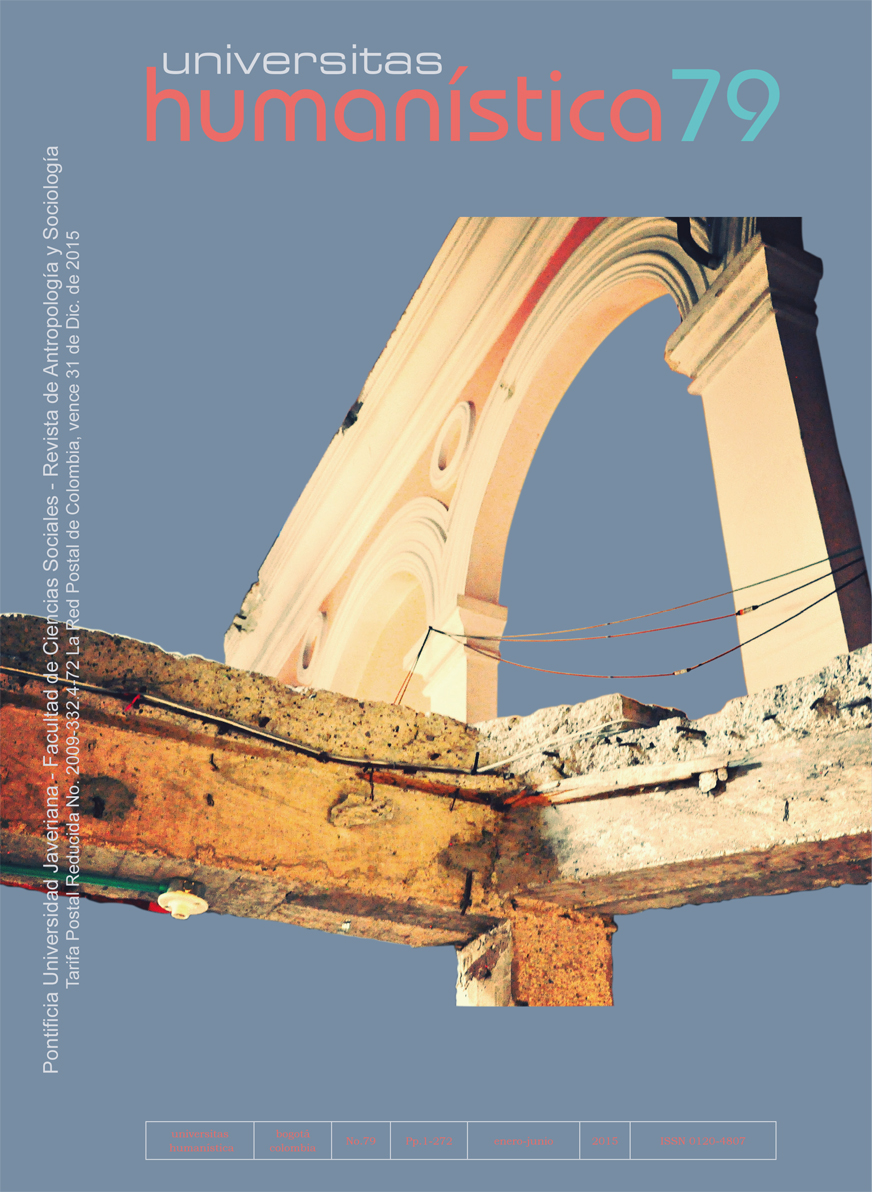Abstract
Based on the concept of «invisible college» of Chilean critic, Ana Pizarro (2004) -a concept that highlights the creation of some groups of writers that established contact networks, both intellectual and personal, during the first decades of the 20th century-, the aim of this study is to rethink the feminine-authored production within the Latin-American context. Said production is to be considered as the evidence of the importance of the creation and organization of these feminine cores in relation to their inclusion into spaces dominated by men. For this purpose, and starting with the works of poet Gabriela Mistral, the objective of this work is to show the dialogue established between her and poet Cecilia Meireles. In this way, we can highlight the creation of a group of writers that acted in this feminine universe in Latin America -halfway through the 20th century-, with the aim of emphasizing the plurality of feminine voices in this context.

This journal provides immediate open access to its content on the principle that making research freely available to the public, encourages greater global exchange of knowledge.
The journal Universitas Humanística is registered under a Creative Commons Attribution 4.0 International Public License. Thus, this work may be reproduced, distributed, and publicly shared in digital format, as long as the names of the authors and Pontificia Universidad Javeriana are acknowledged. Others are allowed to quote, adapt, transform, auto-archive, republish, and create based on this material, for any purpose (even commercial ones), provided the authorship is duly acknowledged, a link to the original work is provided, and it is specified if changes have been made. Pontificia Universidad Javeriana does not hold the rights of published works and the authors are solely responsible for the contents of their works; they keep the moral, intellectual, privacy, and publicity rights.
Approving the intervention of the work (review, copy-editing, translation, layout) and the following outreach, are granted through an use license and not through an assignment of rights. This means the journal and Pontificia Universidad Javeriana cannot be held responsible for any ethical malpractice by the authors. As a consequence of the protection granted by the use license, the journal is not required to publish recantations or modify information already published, unless the errata stems from the editorial management process. Publishing contents in this journal does not generate royalties for contributors.


